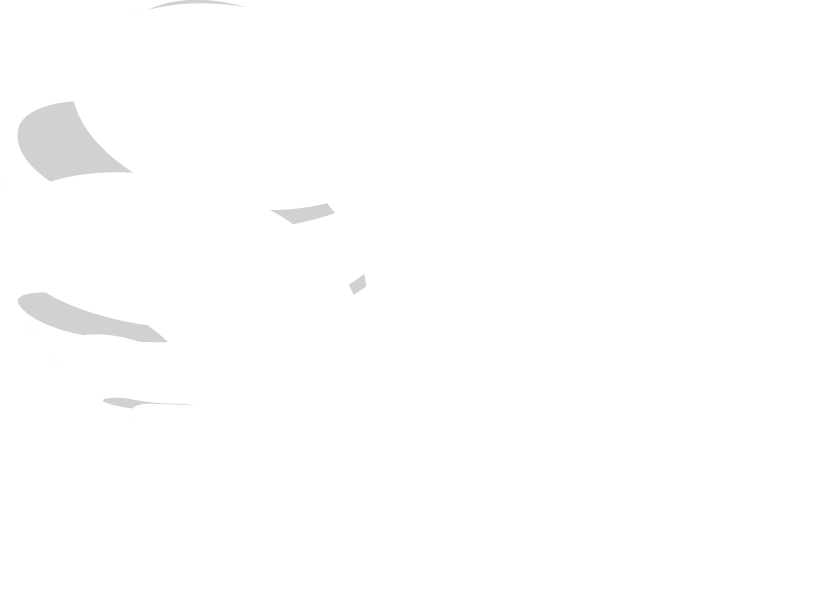Last week Highway Care attended the National Highways Industry Awards, where we joined our Connect Plus Services (CPS) colleagues to collect the ‘Exceptional contribution to safety research and innovation’ award in recognition for the work we have done collaboratively to get the FALCON automated cone laying machine live on our roads today.
Left to right: Dale Hicks (Connect Plus Services) Oliver Pulling (Highway Care) Robert Haddow (Connect Plus Services)
According to REMA (The Reflective Equipment Manufacturers’ Association) there are an estimated two million cones in use on the UK’s road networks. The cones serve an important safety purpose in marking out work areas during highways projects, but the process of putting them in place involves inherent safety risks for highways operatives.
As experts in road safety, developing solutions for a safer future is embedded in our DNA at Highway Care, and the Falcon automated cone laying machine is the latest safety innovation we have brought to the market. It not overcomes the hazards associated with working in a live traffic environment, but also the risk of musculoskeletal injury.
Two Falcon ACLMs are currently being operated by Balfour Beatty through through CPS as part of health and safety best practice during M25 upgrade works. This deployment on the M25 – widely acknowledged as the UK’s busiest motorway – has the potential to be a turning point in safety best practice for the highways sector. Delivering an evidence base for both risk reduction and worker confidence that their health and safety is being prioritised.
The Falcon ACLM was developed by Highway Care following a rigorous design and research process, which included engagement with the traffic management community by National Highways to inform the first generation ACLM Specification – a minimum performance standard against which any systems need to be developed. In addition, a testing standard and matrix was developed to effectively evaluate performance in meeting the specification.
We then partnered with Senn Engineering in Switzerland, to develop a prototype. This was put through its paces in a comprehensive series of off and on-road tests with Kier Highways, our partners through the development phase, exposing the system to a wide range of real-world situations, including various road types, pavement, and weather conditions.
The machine can be operated with fewer workers and drops or collects each cone accurately in less than 10 seconds. Not only does this mean that the risk to operatives from adjacent live lanes of traffic is significantly reduced, but also that operatives are not at risk of musculoskeletal injury from repetitive bending, reaching, twisting, and lifting of cones weighing 8.5-10kg throughout a shift.
And the benefits of automation don’t end there. Using an ACLM means that the risks associated with operatives breathing in fumes due to close proximity to both traffic and the vehicle’s own emissions during conventional cone laying are avoided. As the ACLM provides a solution that overcomes the need for any operatives to work in close proximity to travelling and high-speed vehicles, it also avoids the risk of hearing loss for highways operatives. Removing the hazard in this way, is a much more effective approach to managing risk than providing PPE.
And, of course, the safety advantages of automation are not limited to highways operatives either, but also benefit road users too, preventing drivers from being distracted by the workforce required for conventional cone laying operations.
As it stands, there is no mandatory requirement to deploy an ACLM in preference to manual cone laying, but this technology is already gaining recognition as a best practice approach to health and safety. The Falcon ACLM gained formal acceptance from National Highways through an approved GG104 Safety Risk Assessment completed by TRL Ltd (Transport Research Lab) part of the TRF (Transport Research Foundation) in 2021, and passed a series of Factory Acceptance Tests in Switzerland in February 2022.
The UK is investing in its roads to reduce journey times, drive the levelling up agenda, and improve safety for road users. The highways industry also needs to invest in innovations that enhance safety for the operatives delivering those road improvements.
At Highway Care, we are excited to see this first-of-a-kind in the UK machine become more widely used on our roads, and explore how it could work in conjunction with other innovative products we’ve been developing, such as SwiftGate, to reach our overall goal of creating a method to manage traffic without a single boot needing to hit the ground.

